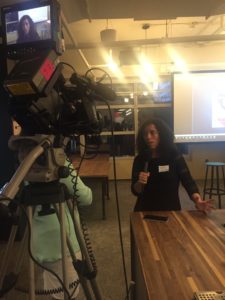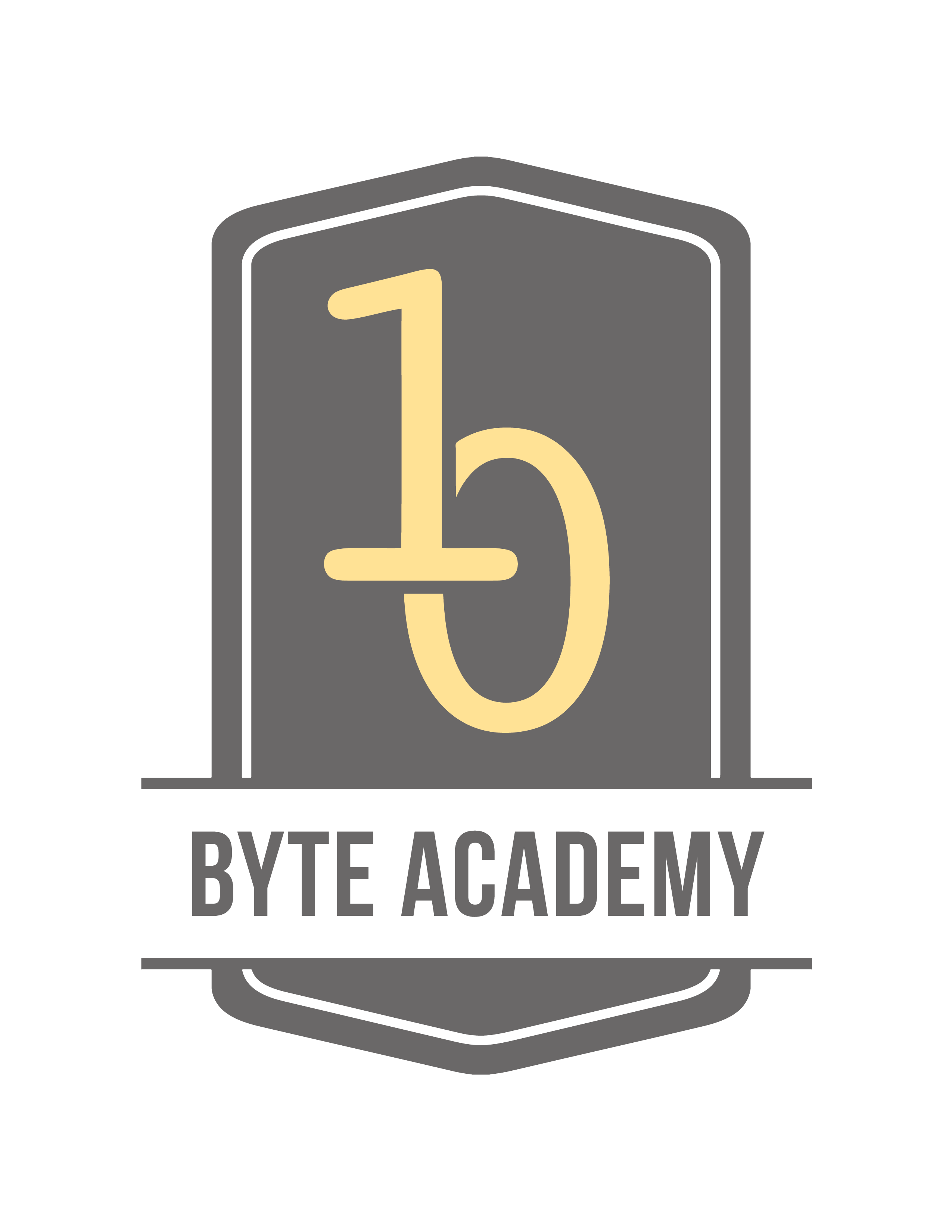Recently HealthTech Women, a national non-profit, sat down with our Data Science instructor, Lesley Cordero to get an inside look at Artificial Intelligence, or, "AI" and how it is impacting society, particularly in healthcare and medicine. Lesley provides her perspective in this interview in addition to a more general understanding of AI and related concepts such as machine learning, natural language processing and big data.
What is artificial intelligence? How would you define it?
To put at its simplest, I would define and describe the goal of artificial intelligence as translating and reproducing human functionality through software, whether that be in terms of perception, learning, problem solving, etc. The term AI is a broad term that encompasses other exciting fields such as Computer Vision, Deep Learning, Natural Language Processing, and Machine Learning; and those fields fit together to make this exciting field today.
How has artificial intelligence advanced over the recent years?
The amount of data we have is literally growing exponentially. In fact it’s doubling every two years. With so many resources at our disposal, it’s so surprised how quickly it’s been able to grow. Just 10 years ago, Apple released its first iPhone that barely did anything beyond basic functionality such as sending texts, calls, checking weather, and calendars. Now we have Siri! We have an advanced autocorrect system. We have iTunes and App Stores with recommendations. Just our devices alone have become guided by artificial intelligence. And that’s true of many technologies and processes. Intelligent decision making is part of the core of Artificial Intelligence, and it absolutely shows in the companies emerging in every aspect of our lives.
What are some of the biggest opportunities and threats that you see in the space today?
I think it’s easy to talk about the opportunities within artificial intelligence. It’s very exciting, there’s tons of room for development, it’s the hot topic of the century. What I think is more interesting to talk about is how it could negatively impact society.
Already, artificial intelligence has automated so many processes. And when you automate anything, the cost is likely going to be tons of jobs. And while it makes economical sense, the impact on actual lives is an issue that isn’t properly dealt with in this country. These are the hard questions we’ll need to answer. Will we let this potentially amazing field privilege those with this specific skillset while simultaneously leaving so many unemployed? Again, it’s a hard question to ask, but the economical consequences of Artificial Intelligence are likely the most import ones for us to consider.
Is domain knowledge necessary for a data scientist who is working in healthcare?
It truly depends on whom you ask and the type of work you want to do. The statistics and programming tools will all be the same; however, knowing the ins and outs of how the industry works informs your decisions as to which tools you should use. An important aspect of data science is figuring out which assumptions you can make about your data, but if you’re unfamiliar with your field, you might miss out on some of these nuances. This is where data science can go wrong and lead to inaccurate evaluations.
What do you envision healthcare AI looking like in 5 years from now?
I envision the healthcare industry in general embracing technology far more, and using artificial intelligence to provide better health services for its clients. More companies like Oscar Health (assuming our current political climate doesn’t knock them out of business) will either emerge, or current insurance companies will eventually recognize the value of taking an artificial intelligence approach to healthcare.
What has surprised you most about developing this type of technology?
I think most of the surprise I’ve felt while developing this type of technology completely comes from an excitement standpoint. I love what I do, and and am CONSTANTLY learning. It’s amazing how much technology and intricacy I still don’t know and probably will never be able to keep up with.
What is the one piece of advice that you would give to other women who are working in the space?
Don’t be afraid to speak up! But also, play it smart. It’s an unfortunate reality that high strong women are often seen as “hard to work with” in the workplace, and that often leads to women holding back their very valuable feedback and thoughts. Don’t let that happen! Say it loud and proud! But don’t be condescending, don’t speak over those whose voices are even less likely to be listened to because of who they are -- whether that be underrepresented ethnicities, disabled people, LGBT people, etc.
And to the males reading this, be an ally! Push back on behavior that isn’t inclusive of women and other non-gender conforming people. Other men are more likely to listen to you over your female colleagues, so be an ally and good co-worker and challenge the bad behavior around you.
Want to get started right away? Download Lesley Cordero's SpaCy Cheatsheet

* If you liked what Lesley said here, you can follow her here (@lesleyclovesyou) on Twitter for more content, data science ramblings, and most importantly, re-tweets of cute puppies
Liked what you read? Checkout Byte Academy's Data Science Immersive and Intro courses.


